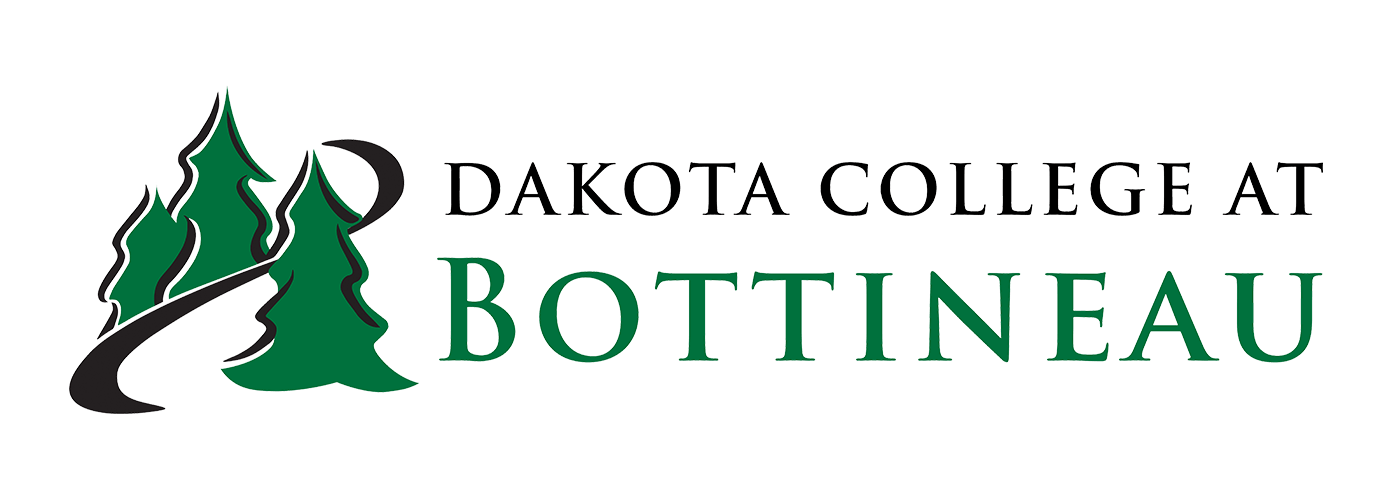Dakota College Receives National Science Foundation Grant

Dakota College at Bottineau (DCB) is excited to earn the Advanced Technological Education (ATE) grant award from the National Science Foundation, the U.S. government’s independent science agency. The ATE program focuses on the education of technicians who work in high-tech fields that drive the nation’s economy. Because two-year community and technical colleges are the leading sources of technician education in the United States, faculty from these higher education institutions have had leadership roles in most ATE projects since the program began in 1993.
The three-year grant will help fund DCB’s Small Unmanned Aircraft System (sUAS) program which will provide an opportunity to improve technician education. Dr. Carmen Simone, Campus Dean, is very excited about this opportunity and proud of the work the team has done to achieve this award. “This grant is a game-changer for us. The funding will allow us to purchase additional drones and continue developing curriculum to support sUAS instruction. We are so excited to partner with local and state industry leaders.”
DCB’s project coordinators, Dr. Linda Burbidge and Professor Angie Bartholomay will develop courses and curriculum to enhance the existing sUAS program. To enhance current programs, a certificate that supports DCB Agriculture and Natural Resource Programs will be extended. This curriculum will be developed with input from state agencies and industries to ensure students are getting the most relevant training for their future career.
Dr. Linda Burbidge, shares, “The goal is not just to teach students how to fly drones, but also to increase their confidence around drone use, so they can follow through with a project from start to finish. Key components of using drones in many industries also requires other skills, such as, how to interpret and manage the sUAS-generated data and understanding how to select and utilize software applications to make that data useful.”
DCB worked closely with Mentor Connect which was found to be essential in the process. They helped Dr. Burbidge and Professor Angie Bartholomay and grant writer Cathy Jelsing to narrow the focus of the overall project. This allowed for the development of a manageable timeline to reach their goals.
Plans are in place to begin offering the additional classes in the Fall of 2024. This will allow the first successful certificate to be issued in the Spring of 2025.
